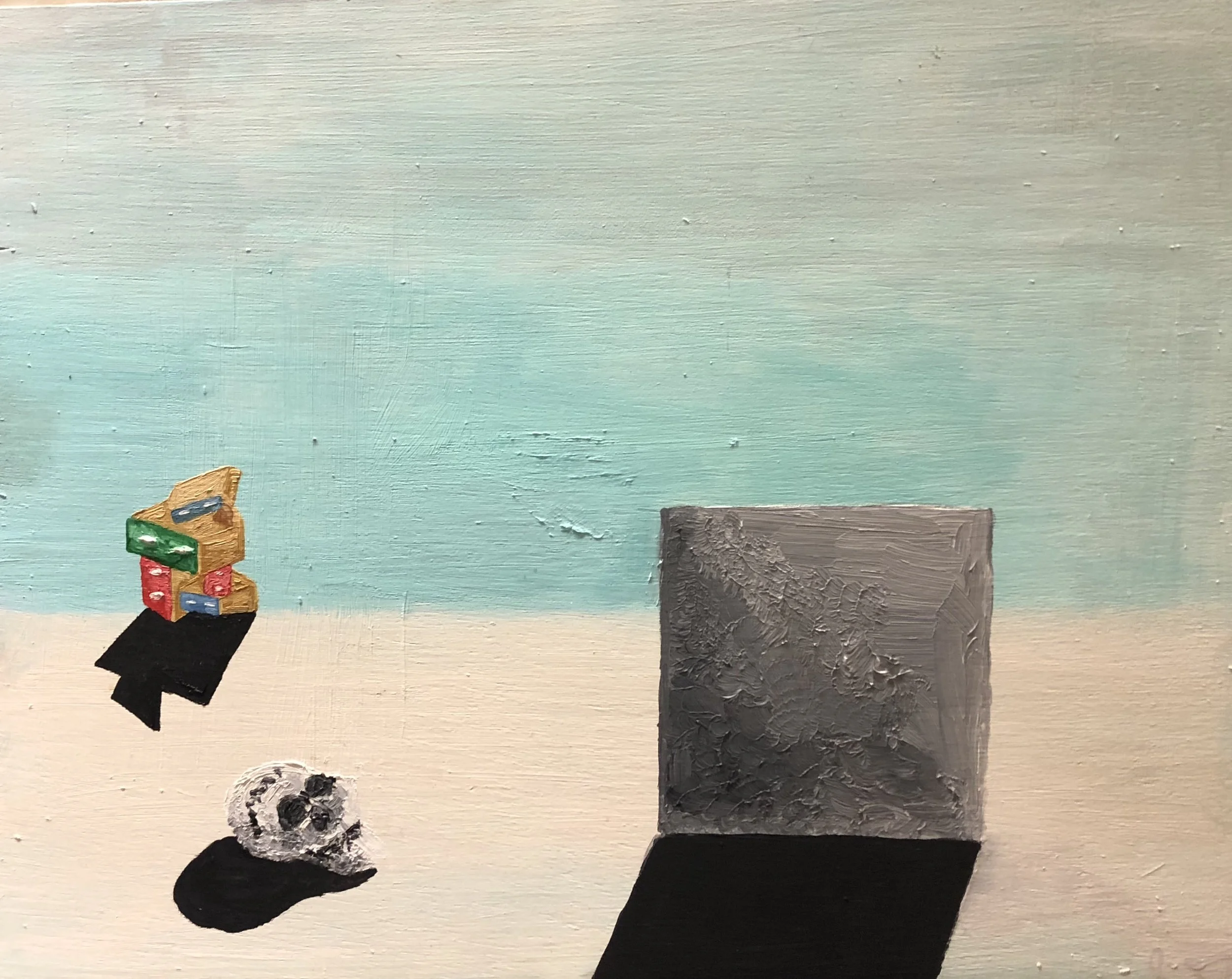I.
She stared.
Looking for something anything
In that deep water.
A child desperately searching Mother’s dark eyes
For approval, for reprieve.
But instead she sees only herself,
A small broken little self,
Incapable of seeing
the wealth of beauty that surrounds her
that flows free
of objection, of approval.
Instead, she fixates on your eyes.
She wraps herself in your gaze
Pours your sight over her body
Trying to fill her cracks
So the wind won’t blow through
So the light won’t shine past
So she can float and flow and fly again
But to be honest, did she ever?
II.
In my culture, when a person dies, we don't have funerals. We have Celebrations of Life. Everyone from distant relatives to childhood neighbors arrives dressed to the nines in bright colors and sequined ensembles to immortalize the Lost. Their picture is plastered on programs, fans, photo booklets, tote bags, Tupperware, mugs. It took me time to realize that we as a people do not do all of this because we so easily accept death. It's because we are afraid of letting go, afraid of feeling as if our lives meant nothing. We pray that when we leave this earth our grandchildren will see our smiling faces on their spiral bound notebook and remember.
These memories may be of love and family, but as we further entrench ourselves in the Western ideas of capitalism and academia, many Nigerians find themselves more focused on leaving behind a very long list of titles and accolades. Growing up as a Nigerian child, you pretty much have three prospective career paths: doctor, lawyer, or engineer. And secretly, in the back of their heads, your parents hope you’ll be some combination of them all. So, from a very young age, I have been under a fair amount of pressure to fall into the “right” place. From talking to my peers, those whose parents came alone or with them to the United States, this experience is almost always echoed. We laugh about it, and swap stories of lectures over missed assignments and traumatizing student-teacher conferences. We never talk about the feelings of worthlessness and fear of failure. I think that’s because it’s easier to talk about extrinsic forces rather than figure out what’s going on in our heads. Outside pressure only goes so far in breaking down a person; letting it in is the problem. I have always had that problem.
What I have come to realize that what weighed heavier than the pressure from my parents was the pressure I put on myself. I let myself believe that by absorbing every critique or correction I was motivating myself. Maybe if I kept chipping away at myself, I would find someone better, a person I could let myself be proud of.
When I arrived at Yale to start my freshman year, for once I felt like I had truly accomplished something. I was ready to be content with myself and my achievements. But before I could even taste a little bit of victory, all the self-doubt that I had pushed down found its way back to the forefront of my mind. Imposter syndrome coupled with deep-seeded feelings of inadequacy left me drowning, and I refused to acknowledge it, until I found myself desperately sobbing in my tiny L-Dub bathroom on a mid-December evening.
I don’t remember exactly what triggered it. But I remember feeling all the strength drain from my body. The only voice I wanted to hear was my mom’s, and I called her for hours with no answer. I filled her voicemail with messages begging for her to call me and say anything, absolutely anything. I dragged whatever was left of me to my bed and wailed until I couldn’t breathe anymore, because that’s what all of this felt like. I had been adding to this invisible weight on my chest, silently piling burden after burden, and that night it crushed me. I had no choice but to face the very thing I had been working so hard to defeat, my fear of being forgotten, of amounting to nothing, and it overcame me.
Later that night, I spoke to my mother, who was frantic after finally checking her phone. I spoke to my best friends, who listened to my account of the incident with concerned and attentive expressions. I spoke to my older sister, who shared her own stories of anxiety and doubt from her time at Yale. From all of these people whom I love so dearly, I heard the same message. They told me I was loved. They told me I was worth more than a resume or a transcript. They told me that they would keep reminding me of all of this until it I believed it myself.
It has been over a year since that night, and that year contained many-a-breakdown. The difference is that I have learned to pick myself up, or to allow others to pick me up, and I don’t let myself fall too far. I try every day to remind myself that how I live is more important that what comes from it. So, I hope that someday, when they celebrate my life, they’ll remember that I kept going.
By Rayo Oyeyemi.


